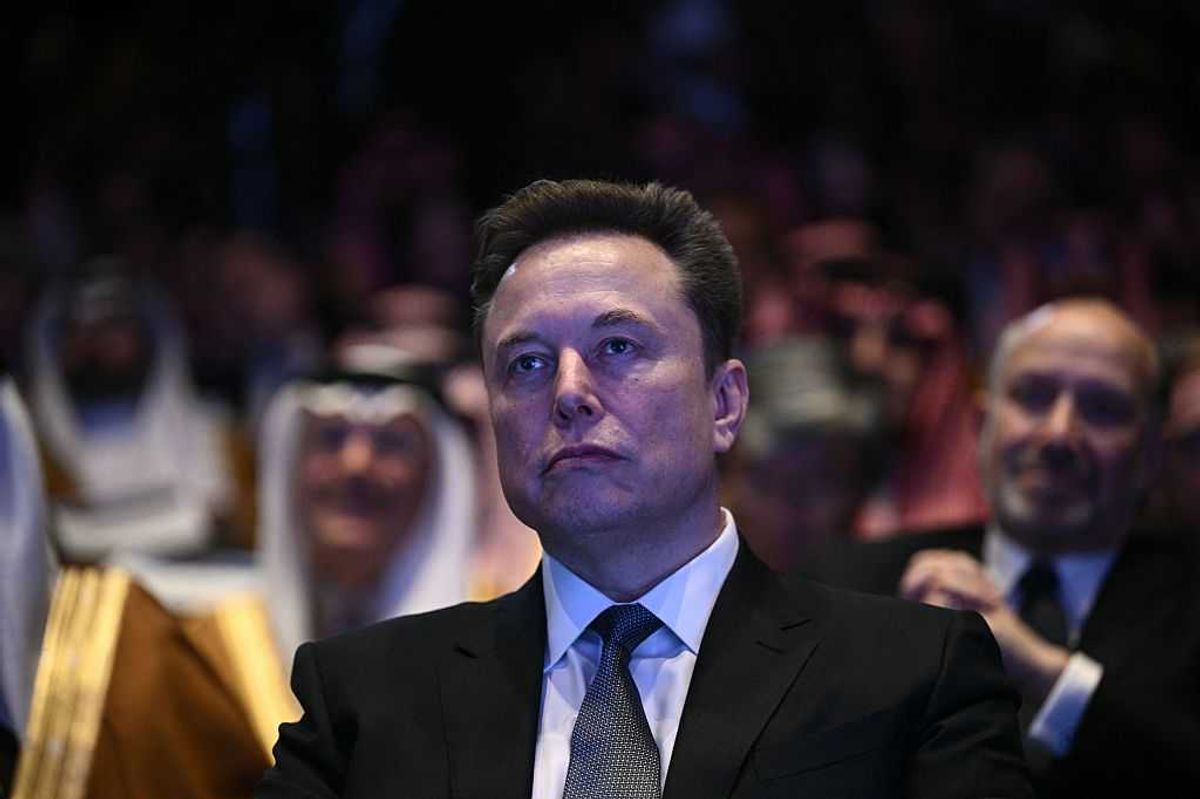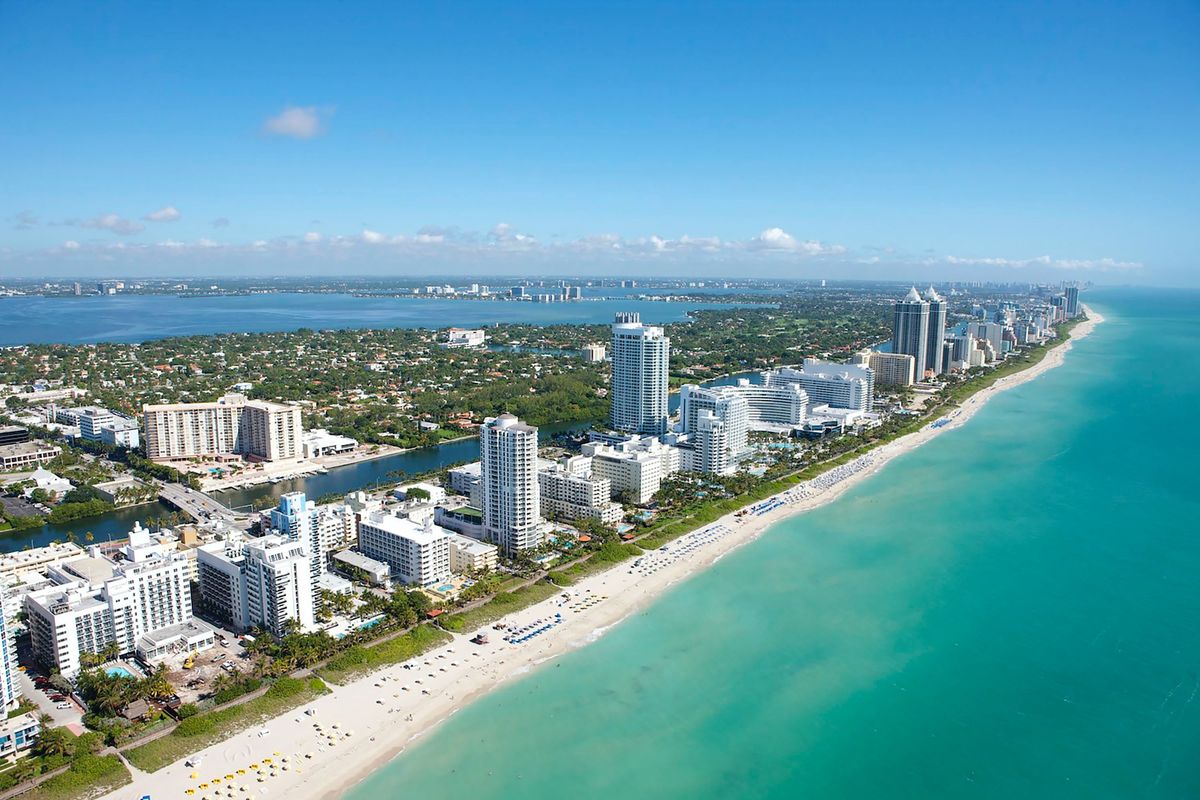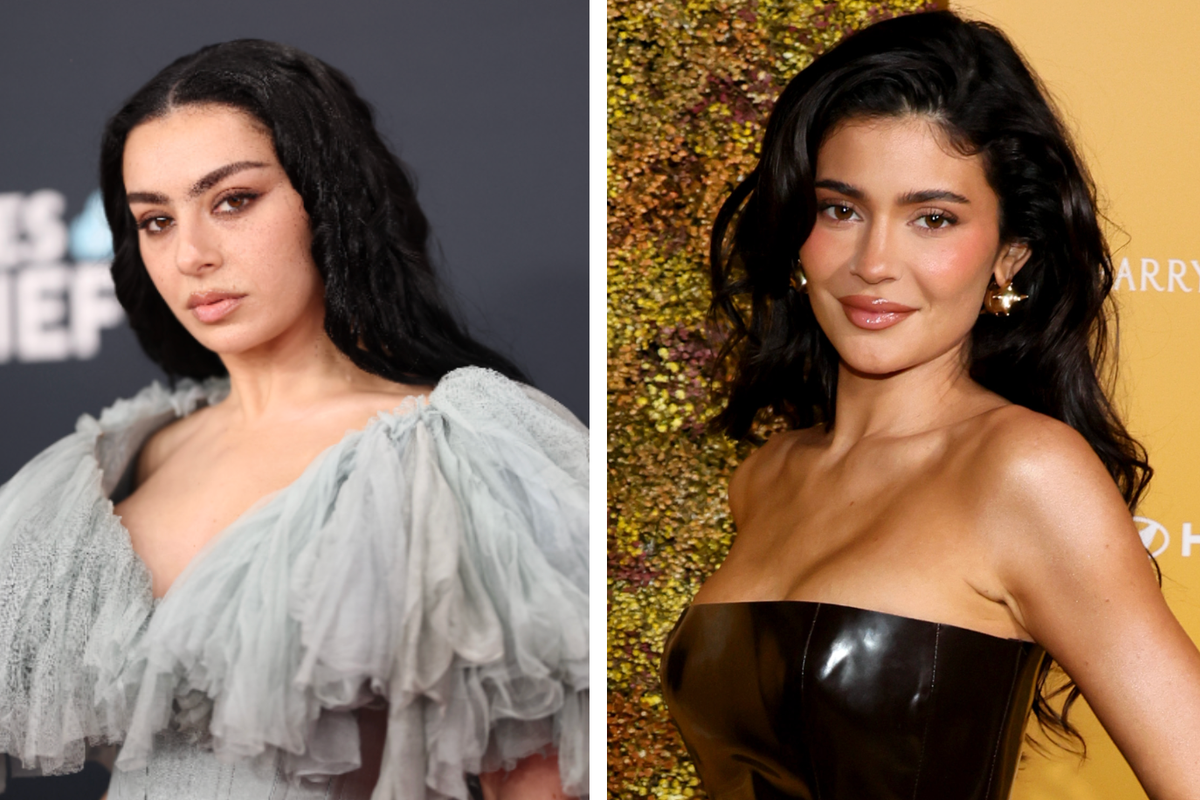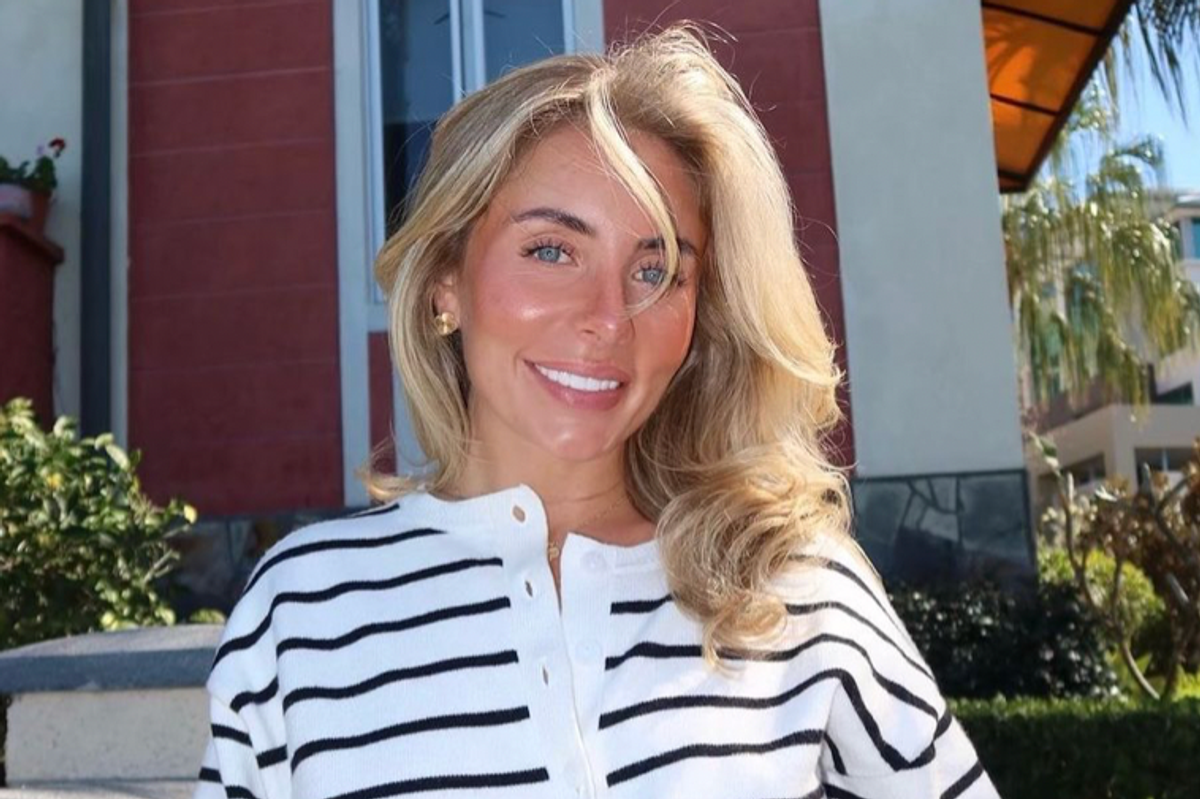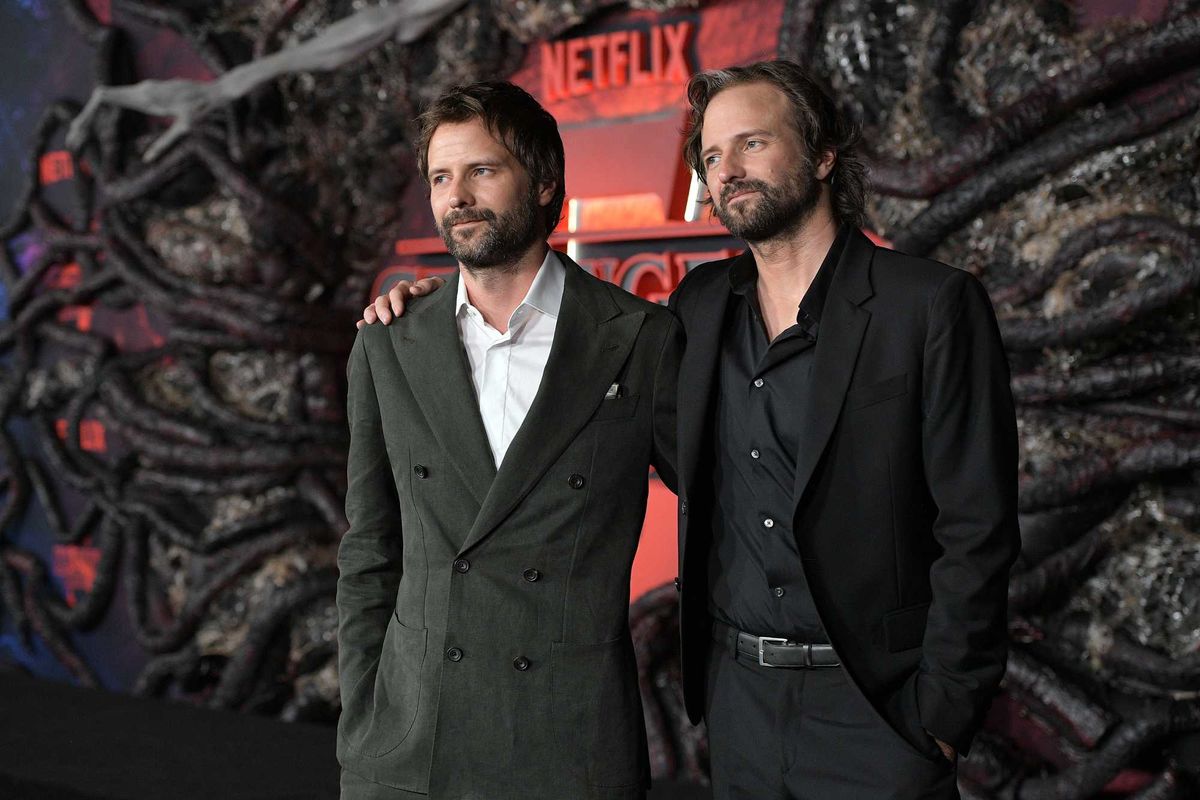News
Isobel van Hagen
Apr 21, 2020
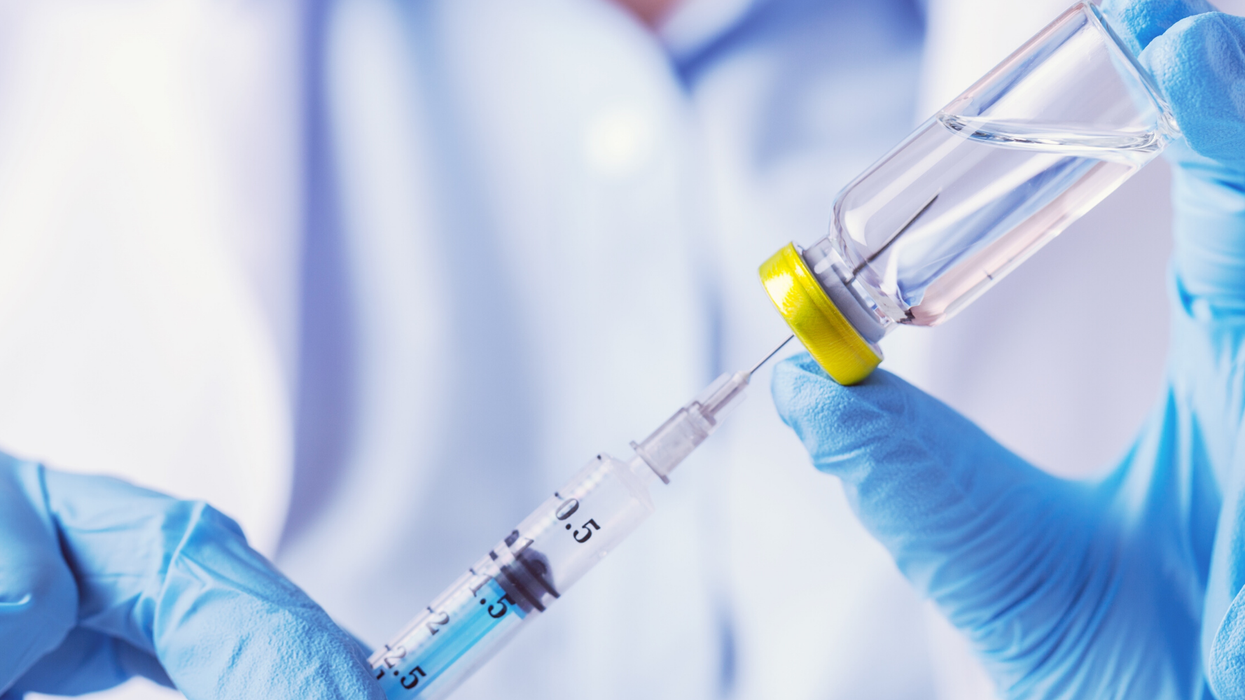
iStock
As scientists around the globe race to bring the world a coronavirus vaccine, anti-vaxxers could pose a real threat to the curbing of the outbreak.
It seems, however, a pandemic that has caused the death of nearly 170,000 people in the past few months has been enough to change some people's minds.
Heidi Larson, director of the London-based Vaccine Confidence Project, told The Guardian that while some extremists on the issue would always polarise, there is evidence that some people “who maybe have issues with just one particular vaccine – the MMR jab for their children, for example – may behave differently in the context of this pandemic”.
The anti-vaccination movement has become a growing threat in recent years, credited in part to the publication of a widely debunked 1998 study that linked the vaccine for measles, mumps, and rubella to autism.
One woman recently revealed she's turned her back on the anti-vaxx movement because of the outbreak.
Haley Searcy, 26, from Florida, told CNN she was "fully anti-vax" when her daughter was born in 2019.
"I had seen so many accounts of kids dying from Sids [Sudden Infant Death Syndrome] and having other dangerous reactions due to vaccines," she said to CNN on Monday, repeating a scientifically unsupported but common fear amongst vaccine sceptics.
Searcy then said that after being advised by her daughter's paediatrician, she "begrudgingly allowed her to be vaccinated."
Charlene, a respiratory therapist from California, told VICE she declined to vaccinate herself or her kids since she was pregnant with her first child 16 years ago.
Despite this, the pandemic has made her reconsider her views:
I don’t consider myself or my family high risk enough to necessarily get the vaccine, but I am leaning towards getting it to create the so-called 'herd immunity. This virus is catastrophic to our healthcare system and the economy around the world and it must be stopped in its tracks.
Hopefully this kind of turn-around will become a trend – a recent VCP survey in the world’s most immunisation-averse country, France, where 33 per cent do not view vaccines as safe, found only 18 per cent of respondents would refuse a coronavirus vaccine, according to The Guardian.
Even so, high-profile celebrities and social media personalities have continued to express scepticism, like Novak Djokovic who recently said he opposed the vaccine.
Beyond that, 7 per cent of people around the world still think vaccines thought they were unsafe, so there is still a lot of work to be done.
Let’s hope that the pandemic turns more people around, otherwise there will likely be a huge resurgence in cases of Covid-19.
Top 100
The Conversation (0)
